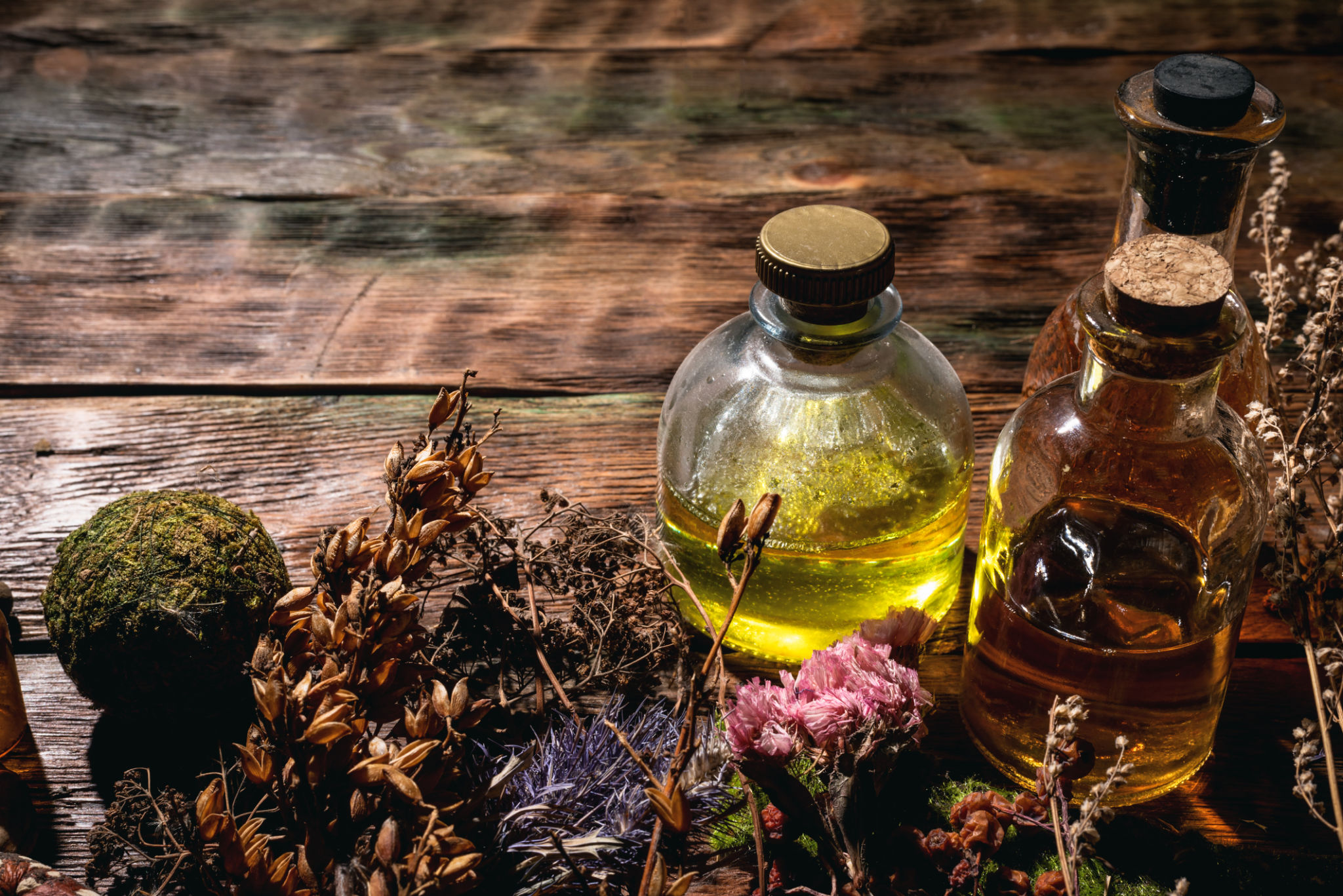Creating a Winter Skincare Routine for Menopausal Skin
Understanding Menopausal Skin Changes
As women enter menopause, hormonal fluctuations can significantly affect their skin. These changes often lead to dryness, increased sensitivity, and a reduction in collagen production. Understanding these transformations is crucial for developing an effective winter skincare routine that addresses the specific needs of menopausal skin.
During the winter months, cold weather and indoor heating can exacerbate these skin issues, making it essential to adapt your skincare regimen accordingly. By focusing on hydration, nourishment, and protection, you can maintain a healthy and radiant complexion throughout the season.

Hydration is Key
Choose the Right Moisturizer
One of the most critical steps in a winter skincare routine for menopausal skin is selecting a moisturizer that provides deep hydration. Look for products containing hyaluronic acid, glycerin, or ceramides, which help to lock in moisture and strengthen the skin barrier. Cream-based moisturizers are often more effective than lotions in providing the necessary hydration during colder months.
Incorporate Hydrating Serums
In addition to a good moisturizer, consider incorporating a hydrating serum into your routine. Serums with ingredients like niacinamide or vitamin E can provide an extra layer of hydration and support the skin's natural barrier, reducing dryness and irritation.

Nourishing and Repairing the Skin
Use Gentle Cleansers
Harsh cleansers can strip the skin of its natural oils, leading to further dryness and irritation. Opt for gentle, sulfate-free cleansers that cleanse without compromising the skin's moisture balance. Cream or oil-based cleansers are typically more suitable for menopausal skin in winter.
Exfoliate Wisely
While exfoliation is essential for removing dead skin cells and improving product absorption, it's crucial to be gentle. Use mild exfoliants like lactic acid or enzyme-based exfoliators no more than once or twice a week to avoid over-stripping the skin.

Protection Against Environmental Stressors
Limit Exposure to Indoor Heating
Indoor heating can deplete moisture levels in your skin. To counteract this, use a humidifier in your home to maintain optimal humidity levels. This simple step can help keep your skin hydrated and less prone to winter-related dryness.

Conclusion: Embrace Your Skin's Needs
Creating a winter skincare routine for menopausal skin involves understanding its unique requirements and adapting your habits to meet them. By focusing on hydration, nourishment, and protection, you can ensure that your skin remains healthy, comfortable, and beautiful during the colder months.
Remember that consistency is key. Regularly following these steps will not only improve your skin's condition but also enhance your overall well-being during this transformative life stage.